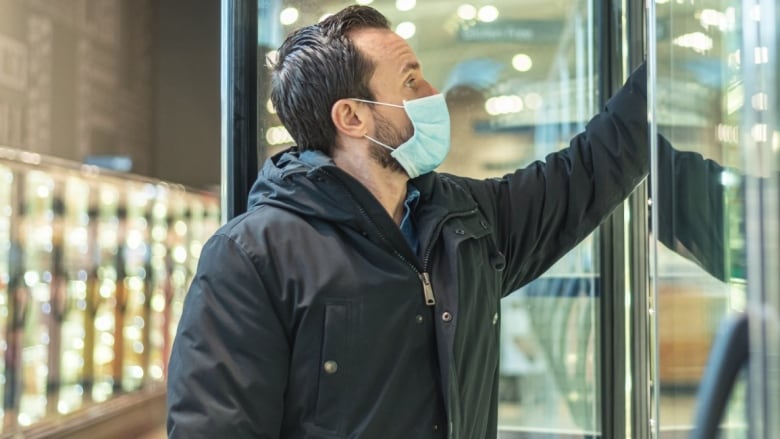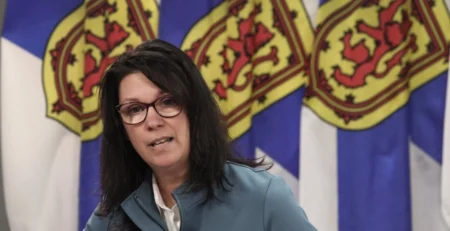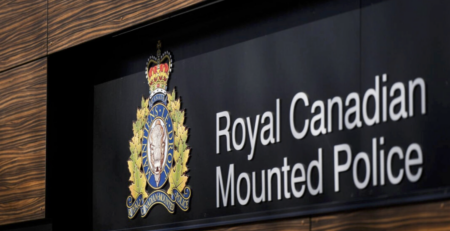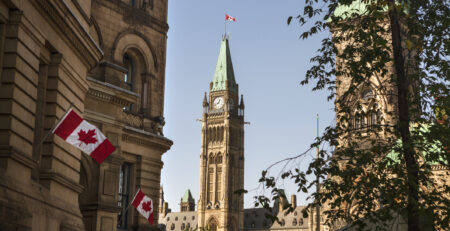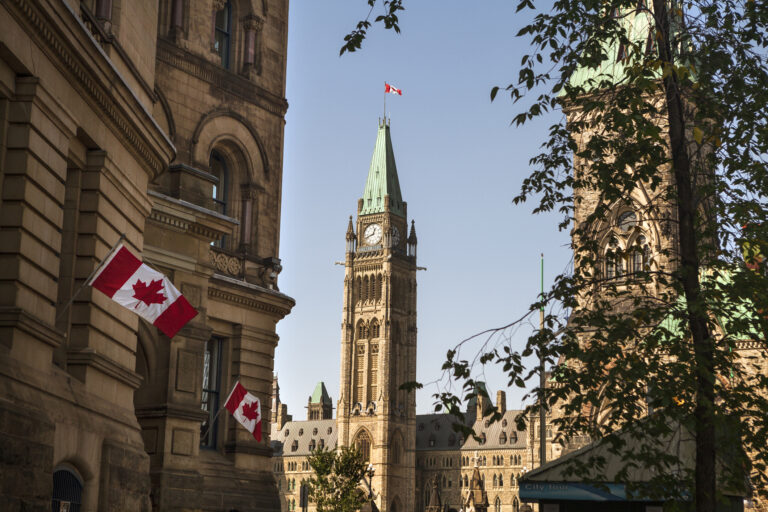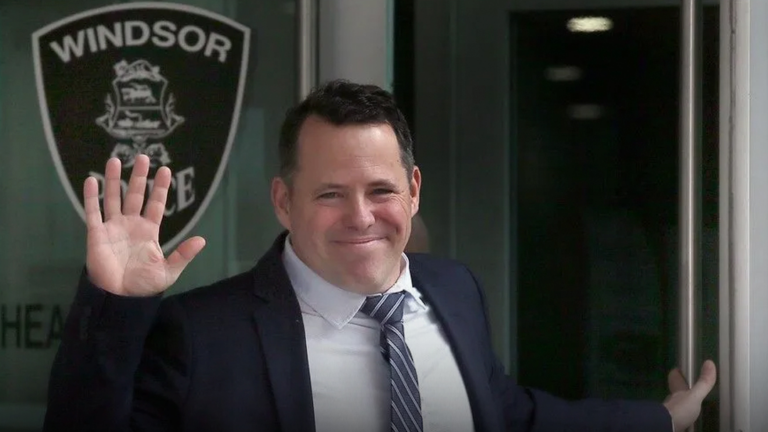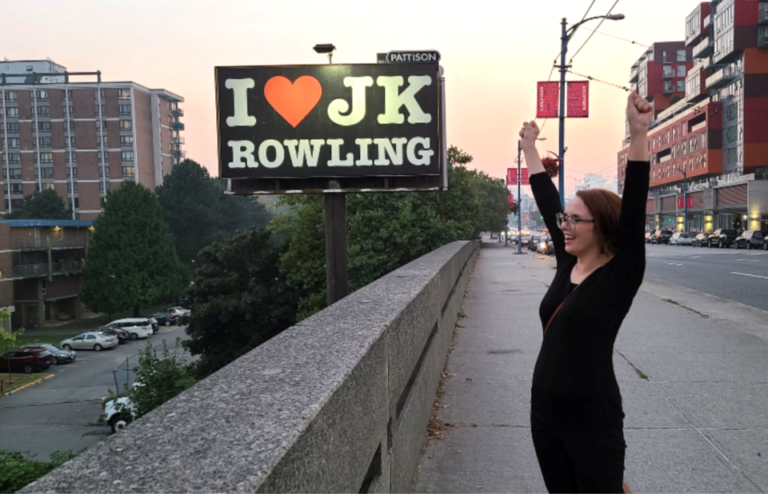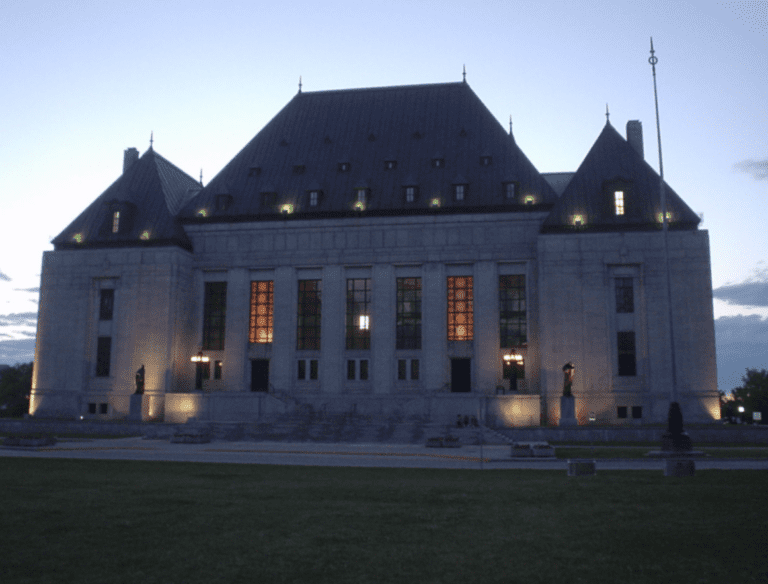By Marnie Cathcart, The Western Standard
Updated with new information May 2021.
Anyone who has left their house in recent months knows that the rules on mandatory face masks are hardly uniform. In some places there are no masking requirements at all. Some stores insist on masks, some do not.
Only in situations where the requirement to wear a mask is forced on an individual by a government body, or by a government order or law, does the Canadian Charter of Rights and Freedoms apply. That is, if a business is not required by government to enforce the wearing of facemasks – but does require them of their own accord – the Charter does not apply.
A store doesn’t have to follow the Charter, they aren’t the government. However, they are required by law to comply with the applicable provincial human rights code. Businesses and private companies are legally allowed to require that employees, customers, clients, or visitors to their premises wear face masks. Stores and companies have a general right to refuse service to anyone, provided that they still comply with human rights legislation. Businesses cannot discriminate based on grounds like race, religion, creed, physical disability, mental disability, etc.
If someone is unable to wear a mask because of a mental disability, such as claustrophobia, a business would be engaging in illegal discrimination if it denied services to such a person for not wearing a mask, and did not provide some form of reasonable accommodation.
A requirement to wear a mask as a condition of employment, or as a condition to receive a service, may be discriminatory toward people with exemptions. If a business denies such a person service or employment because they refuse to wear a mask, that denial may form a legally valid basis for a human rights complaint.
Some people refuse to wear a mask for religious reasons. Other people cannot or should not wear masks because of various medical and health conditions. Many of the municipal bylaws are worded broadly enough to exempt those with “health concerns” or ” health conditions”, including mental conditions like claustrophobia. Laws must not disproportionately punish the vulnerable who are unable to wear masks.
There are jurisdictional questions regarding mask bylaws, as well. Cities have no inherent jurisdiction to enact laws because they are entirely creatures of statute: their power is delegated from provinces through legislation. If a province has chosen not to enact mandatory masking requirements, then what empowers a municipality to do so? The answer may well be “nothing”.
Despite the poor drafting of mask bylaws and jurisdictional and constitutional issues, a legal challenge to them is not guaranteed to be successful. Hard data now demonstrates that the virus has a survivability rate of 99.98 per cent, but the mask requirements remain.
If a store or service accommodates non-mask wearers with curbside pickup, online shopping, or some other alternative, a provincial human rights commission would likely rule that sufficient accommodation has been provided.
An individual is typically not required to disclose his medical condition to any store, service, restaurant or facility, provide proof of exemption, or discuss religious beliefs. Individuals are not required to prove that they have a mask exemption to anyone, however, some provinces have written into the health orders that a bylaw officer or AHS officer “may” ask for a doctor’s note. This does not say you “must” provide one. The only time you might have to consider providing proof of your mask exemption with a doctor’s note is in court or during a human rights complaint.
If asked to wear a mask, you can reply, “I can’t wear a mask.” A store or company can ask if you have a doctor’s note due to ignorance of the law, however, you are under no legal obligation to provide a note, discuss your medical condition, or get into detail about why you cannot or will not wear a mask. The exception to this is if you file a Human Rights Complaint. You are likely going to be required to provide proof as part of the complaint process.
The mask exemption cards that are circulating on the internet are merely symbolic. While some stores may accept them because they look like an “official” piece of paper, they have no legal weight.
Legally, the question of mask bylaws remains circumstance-dependent and uncertain. Scientists and doctors disagree on the benefits of masks to prevent the spread of COVID-19. Ultimately, the constitutionality of requirements to compel non-medical masks can only be determined by a court after it considers all factors, including the fundamental rights of liberty, security of person, freedom to make ones’ own medical decisions, and the right to control ones’ own body and bodily integrity.
Some insist that masks are like seatbelts, and since the government requires seat belt use as a precaution, it also ought to require mask use. The comparison between face-masks and seatbelts is a poor one, however. Seatbelts are extensively standardized, factory- and crash-tested and customized for each age group, weight, model of car, etc. Non-medical masks and fabric masks are not tested, standardized or even customized, and there are zero studies on the safety of masks for children, or long-term wearing of masks for eight hours or more a day, seven days a week. Further, seatbelts do not interfere with an individual’s breathing, or cover one’s face, which is a fundamental and personal part of existence, and also involves the most visible part of human identity.
No one can physically force you to cover your face in a free country, however you may have to shop in stores that welcome all customers regardless of disability or condition. Stores may choose to enforce the mask bylaw on their premises, but customers will likewise choose not to spend their hard-earned money in that store. In this economy, can stores afford to turn away customers?
Importantly, medical offices, hospitals, and nursing homes are the most difficult places to exercise a mask exemption. These are places full of sick people, where the risk of catching any kind of cold, flu or virus is high and can result in death. However, Alberta Health Services produced a COVID information instruction sheet which clearly stated: “No patient shall be denied service in AHS because they cannot or will not wear a mask.” This has since been removed from the original website.
In short, the local municipal governments are on shaky legal ground in imposing mask by-laws. Businesses in mandatory-mask municipalities are only enforcing what they are told to do, and businesses that voluntarily impose mask requirements have a right to do so as private, non-government entities, with several “human rights” caveats.
Know your rights.
So what can the average person do?
- Do not wear a mask, and exercise your exemption.
- Hope that other people in Alberta become tired or frustrated with mask-wearing and refuse to comply in very large numbers.
- Write your various levels of government demanding mandatory masks be removed from the bylaws; object vigorously to the mandate. Do not just write once. Flood their office, and your local member of parliament, city officials, mayors with alderman, clear, short concise objection letters and make it clear this is a voting issue to you. (Shorter is better. Writing a three-page letter to these government officials is less effective than writing 3 paragraphs. Keep it short and pointed.)
- Protest. In LARGE numbers. Not hundreds. Thousands.
- Wait for legal challenges to the mask mandates that do not go after masks, but attack the mandates on the basis of freedom of expression, free speech, parental rights, or freedom of religion.
- When you are outright refused service and not accommodated, for each store that discriminates, file a human rights complaint with the your provincial human rights commission.
- Shop in stores that have made customers welcome even if they do not or cannot wear a face covering, and refuse to patronize stores that do not. Ensure you write the head offices of these stores telling them that you are patronizing their store because of their decision to welcome all.
Marnie Cathcart was a reporter and journalist for more than 15 years and is Director of Communications at the Justice Centre for Constitutional Freedoms.


